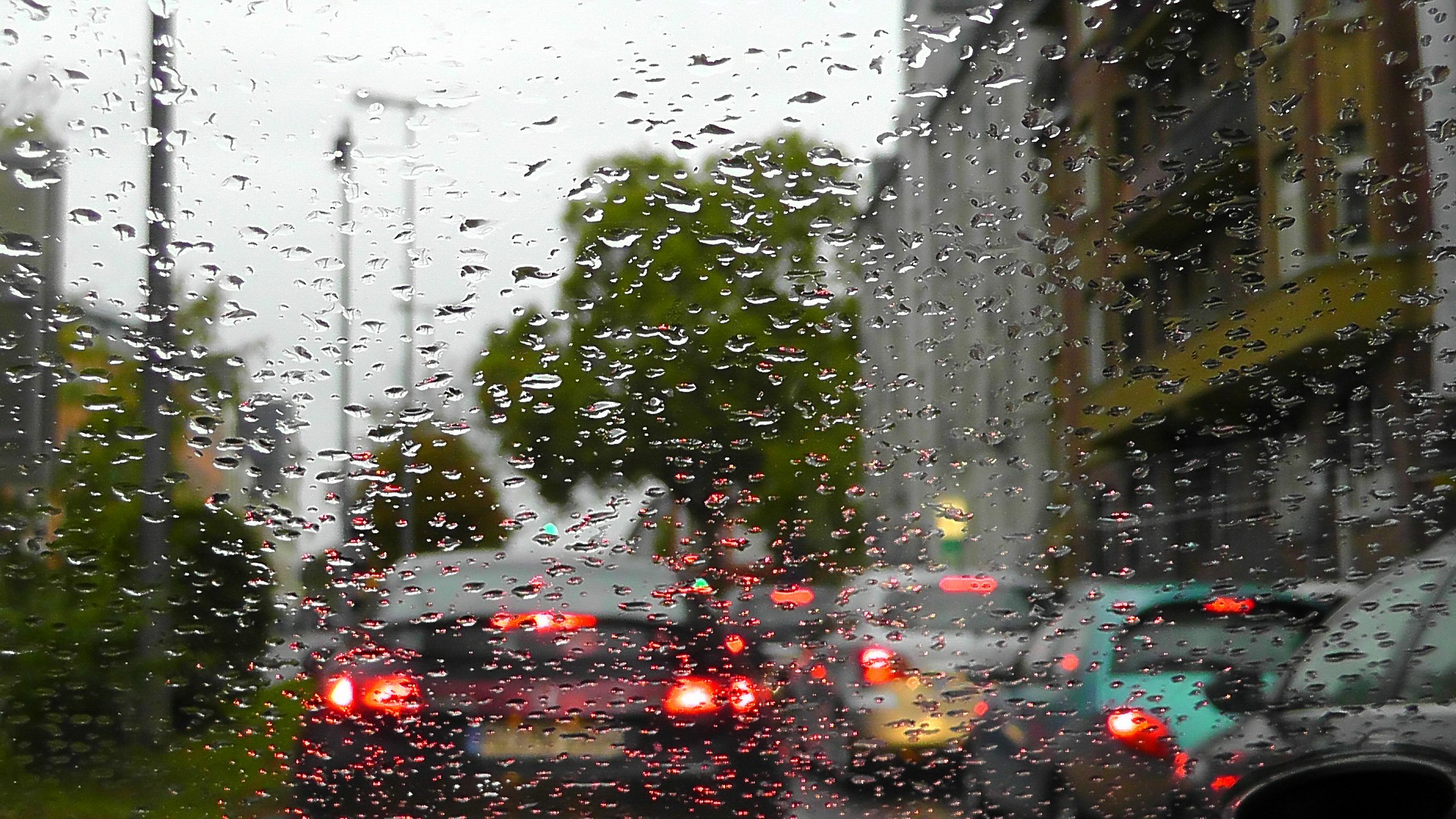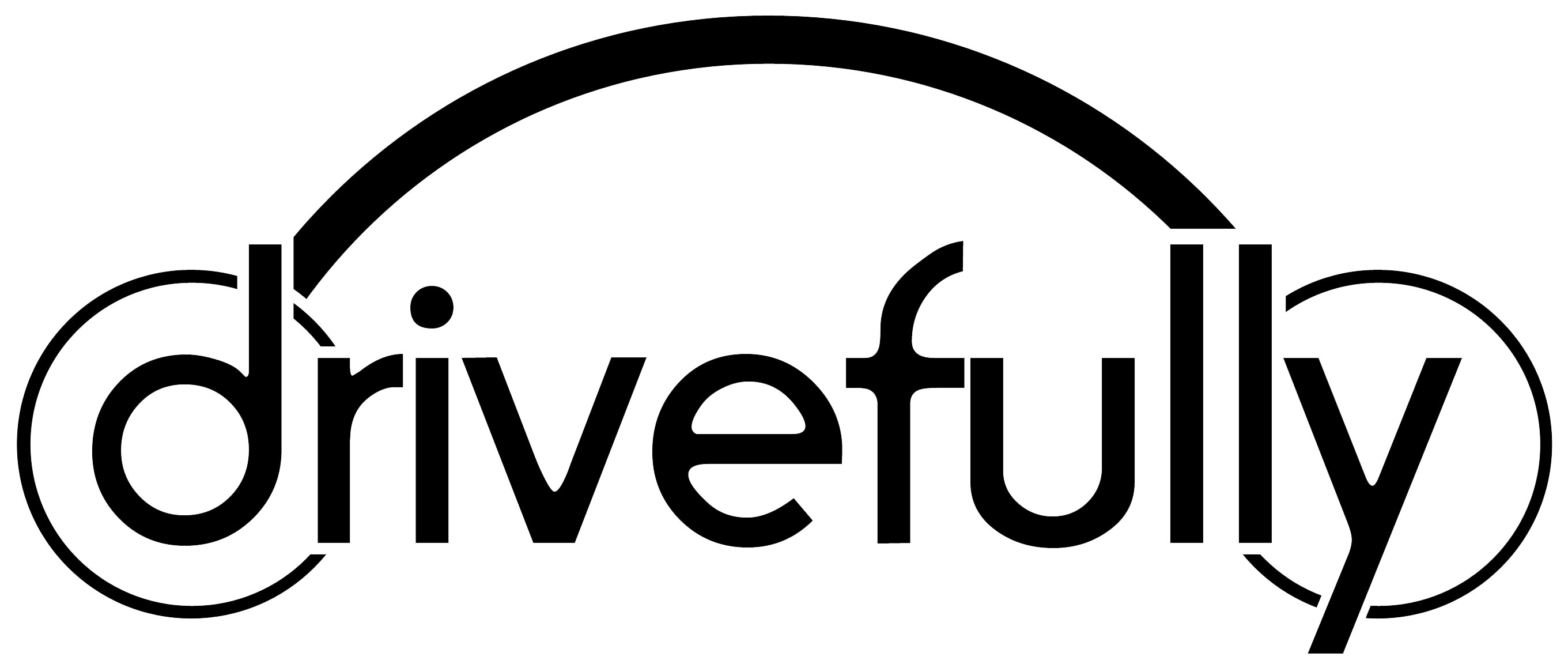
07 Dec Why giving thanks is important and how it keeps us safe on the road
With such a big emphasis on ‘giving’ at this time of year it’s worth remembering why it is a beneficial practice all year round and can actually help create a safer driving environment.
I bet we can all picture a situation on the road where we’ve felt mistreated by another driver, rider, cyclist or even pedestrian. Maybe we felt they were in the wrong, or possibly we felt threatened or under attack, rushed or pressured to act quickly? Now, in these situations it is quite normal to feel like the victim and to blame the other person for what they’ve done. However, this does not help us. It might feel like it does, and we might feel very justified in our feelings, but every time we see ourselves as the ‘victim’ we give away our peace, welcoming stress and upset into our drive and our life. Victimhood is a choice and one we have become quite comfortable with.
The increased stress that comes with being a victim can trigger a fight/flight/freeze response, which can lead to us becoming an angry driver, a scared driver, or a distracted driver, all of which increase risk on the road. And this is where giving thanks comes in.
What if, instead of blaming someone for what they’ve done to us, we thanked them. What would that look like?
It might seem like a crazy idea to thank someone for doing something ‘wrong’ or hurtful to us, but it all comes down to what perspective we choose to take on it. Let’s look at an example:
Imagine a another driver comes up behind you very close and after a few moments starts honking their horn. You look in your rear view mirror to see them throwing their hands around and gesturing for you to go faster. At the next opportunity they suddenly accelerate, overtaking and shouting something abusive out their window at you about ‘how slow you’re going’.
In response to this you get angry and start blaming that driver for driving so dangerously. You call him an idiot (and maybe some other names) and start fantasising about how you will tell him off if you catch him up at the next set of lights. After the drive you share your story with friends and family, who sympathise and maybe even share their stories of a similar situation.
Can you relate to this scenario? Maybe you felt scared instead of angry. But what is the problem with this?
When we see ourselves as the victim, like in the above example, we latch onto it and often get distracted from driving while we play it over and over in our heads. This can then lead to us making mistakes in our drive, or possibly avoiding certain roads or not driving at certain times of day.
Even though the event has passed, we are still negatively affected by it, because we don’t let go of it.
However, what if we were to thank the dangerous driver for doing what they did? What if we saw what they did as something FOR us rather than AGAINST us? Well, then we might feel happier about what has happened. Maybe we can accept the situation for what it is (or what it was, as it is now in the past) and move on with our lives. And if we can do this we will be less distracted by the event and therefore less likely to make mistakes, thus reducing risk.
So, what’s to thank in this scenario? Here’s some options:
- They have given you the opportunity to practise patience
- They didn’t crash into you, despite driving so close
- They have taken their anger and driven off, removing their negativity from your life
- Do their actions actually flag up the possibility that you were going a little too slow for conditions? Can you learn from this and grow as a driver?
- Being around these situations will help you build resilience to future events like this
- and so on…
If we can thank other people for teaching us, or giving us the opportunity to learn and grow, then we have no reason to feel angry, scared or frustrated. We see everyone as our teacher, as our friend, freeing us to stay focused on the drive.
It all comes down to a choice.
Ask yourself “does it benefit me more to see myself as a victim and other people as the enemy, or to thank them for the lessons and opportunities they have given to me”. It’s important to state here that by choosing the latter we are not condoning what they have done it any way, we are simply choosing to let go of our attachment to the event and get on with our lives.
Know that you don’t need to hold on to negative situations. Learn from them, thank them for being a part of your experience, then move on.


Sorry, the comment form is closed at this time.